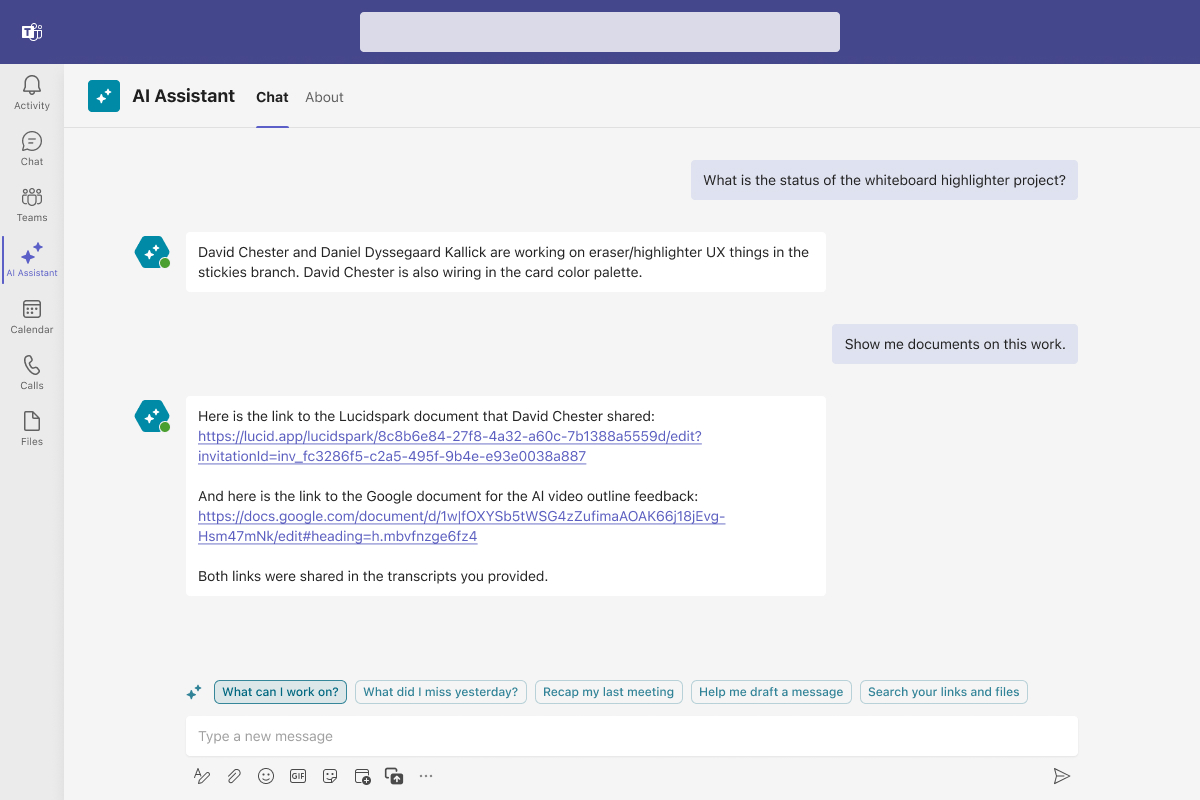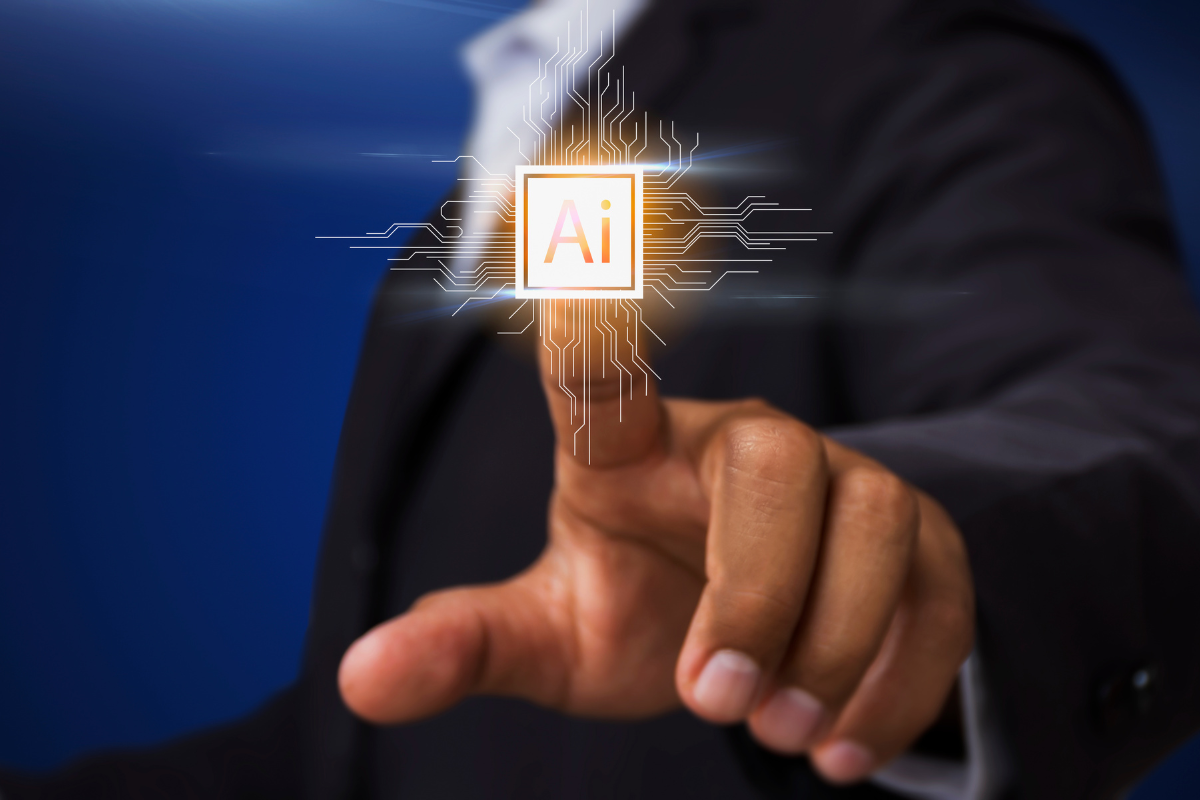At this very moment, you’ve likely had or overheard many different discussions about using AI (artificial intelligence) in the workplace or your everyday life. Organizations everywhere are looking to find the best and fastest ways to drive innovation and digital transformation using one or more of the exciting AI technologies entering the market every day. As a team that works to develop tools to improve remote and distributed work, we’ve conducted a variety of research on what tools, best practices, and gaps exist for knowledge workers. Our inaugural research report for 2024 revealed that a majority of knowledge workers feel overwhelmed by the number of different tools they have to use on any given day to complete their jobs. Research confirms that frequent context switching significantly hampers productivity, prompting leaders to find effective solutions to reduce the cognitive load on their teams. The time-saving benefits could open up even more time for knowledge workers to spend a greater portion of their day in deep thought or focus. This is a huge win for organizations looking to stay on the cutting edge of their industry. With this in mind, we started developing our latest tool, the Overview AI Assistant, to help relieve some of this burden and constant context-switching.
Enhancing Decision-Making with AI
LLMs (Large Language Models), the core of how we think of many AI tools today, are deep learning algorithms that can recognize, summarize, translate, predict, and generate content by using very large datasets. Generative AI, a type of LLM, is often used to create images, videos, and text, but it can also facilitate the comprehension of large amounts of data. With data analysis in record time, AI can quickly provide insights and recommendations, streamlining the decision-making process. In the context of Frameable’s Overview, the AI can analyze the content of connected Microsoft Outlook calendars alongside Teams chats, channels, and files, reduce time spent on administrative tasks, and suggest actionable insights. By improving the speed of everyday tasks, AI rapidly facilitates a more productive workday and enables workers to make better decisions, faster.
It’s important to keep in mind that AI in the workplace is an aid, not a substitute, for human potential and oversight. All currently available AI tools have their limitations, and there remains a clear demarcation between tasks AI can correctly complete and those it cannot. It must be consistently reiterated that employees will still need to validate and employ their own “cognitive effort” to ensure their AI-generated outcomes are valuable and accurate. But, knowing where that line lies, and where that line lies in regards to organizational goals and specific tasks, will be crucial for successfully using AI to enhance or speed up decision-making processes. Instead of concentrating on tasks and processes that AI cannot automate, it’s often more beneficial for companies and their staff to concentrate on processes that can be accelerated with AI assistance, such as generating a first draft or summarizing long documents. Only your team will understand all of the intricacies surrounding your goals. Letting AI speed up summarization and surfacing the right content frees up more time for in-depth conversations and tasks that cannot be outsourced to an AI assistant. However, this type of implementation will only improve outcomes if it is paired with clear training and an understanding of where employees need to break from using AI and conduct analysis themselves since many AI-generated answers and suggestions can appear, on a surface level, to be correct, this step in training is necessary to prevent employees from simply “turning off their brains”.
While this may seem like a reason to stray away from implementing an AI tool, a recent research report from McKinsey found that knowledge workers spend up to 19% of their week, or nearly 8 hours in a standard 40-hour work week, searching for and gathering information. Information retrieval is something that a lot of us spend a great deal of time doing when a machine can often do the same work quickly and more efficiently. Imagine freeing up an extra 8 hours every week!
How to Know if an AI Tool is Right for Your Team
The first step in deciding whether to integrate an AI tool into your organization involves analyzing your existing tools and surveying your team to identify any gaps, frustrations, or underutilized features in your tech stack. From there, you’ll want to research different, tools, trends, and strategies to understand where your goals align with the possibilities various AI tools offer.
If you’re ready to improve how your remote or distributed team can leverage AI within Microsoft Teams, it’s time to explore Overview by Frameable. In our latest update, we introduced our Overview AI Assistant, built to be easier, more accurate, and more efficient to use than Copilot for Microsoft Teams.
To learn more, download our latest white paper covering the latest research, best practices, and insights on implementing AI in your organization.




